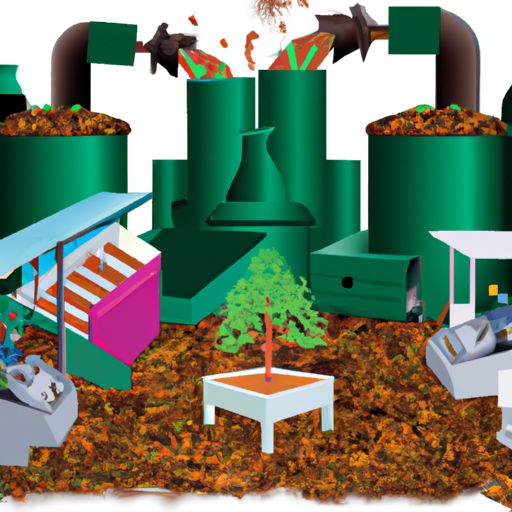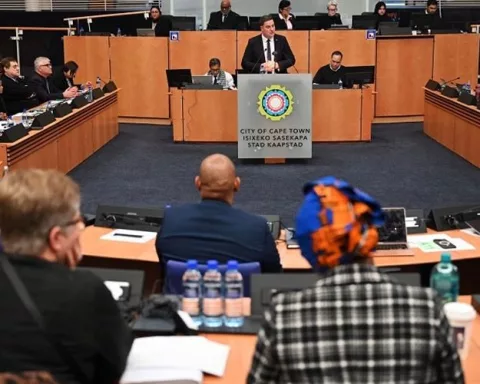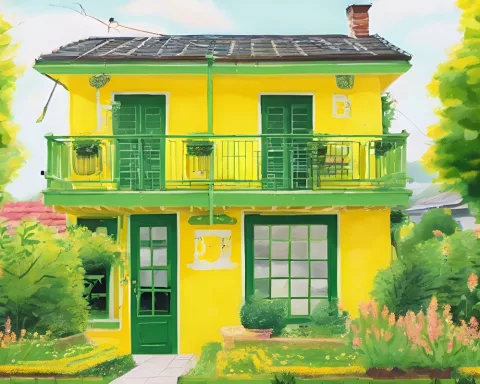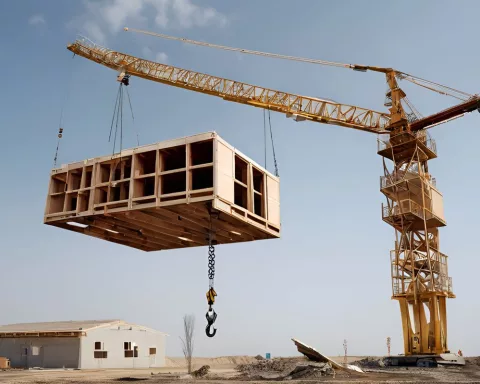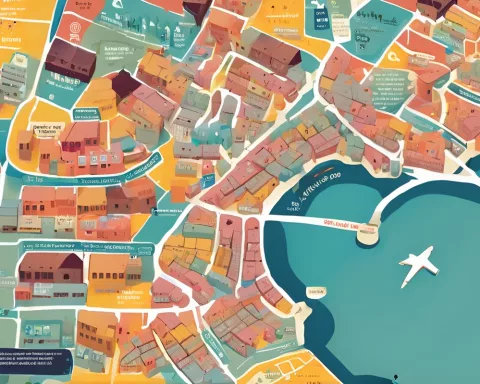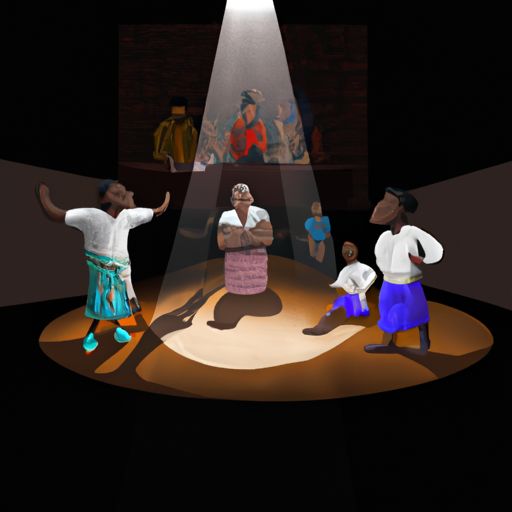South Africa faces a severe social housing crisis, with many people living in inadequate and overcrowded conditions. Dr. Abubakar Sadiq Mohammed, a recent Ph.D. graduate from Stellenbosch University, has developed a solution to this problem. His innovative wood-plastic composite material combines invasive Port Jackson trees with recycled low-grade plastic waste to create affordable and sustainable housing.
The Challenge of Sustainable Housing in South Africa
Low-cost and sustainable housing is a significant challenge in South Africa, where many people cannot afford decent housing. The housing shortage is particularly acute in urban areas, where the demand for affordable housing is high. Often, people are forced to live in informal settlements or substandard housing. The lack of access to proper housing significantly impacts people’s health, education, and overall well-being.
The Innovation of Using Port Jackson Trees
Dr. Mohammed’s research has shown that a combination of invasive Port Jackson trees and recycled low-grade plastic waste can be used to construct better, affordable houses. Port Jackson trees are an invasive species in South Africa, and their removal is a priority for conservationists. However, Dr. Mohammed has turned waste into a valuable resource by using this material for construction.
Through his research, Dr. Mohammed has developed a wood-plastic composite comprising a mix of biomass from all parts of a Port Jackson tree and recycled low-density polyethylene. This composite material can address the country’s social housing crisis. In addition, the wood-plastic composite made with Port Jackson trees has better mechanical properties than the other invasive species, black wattle and red river gum.
The Benefits of Sustainable Housing
Dr. Mohammed’s innovation is significant not only for its potential to address South Africa’s social housing challenges but also for its eco-friendliness and cost-effectiveness. Dr. Mohammed has created a sustainable solution to a pressing social issue by reusing waste materials. This innovative material has the potential to improve living conditions for many people and positively impact the environment.
In conclusion, Dr. Abubakar Sadiq Mohammed’s innovative wood-plastic composite material made from invasive Port Jackson trees and recycled low-grade plastic waste is a significant breakthrough in sustainable housing. This affordable, eco-friendly alternative to existing low-cost building materials has the potential to make a substantial impact on South Africa’s social housing crisis. By turning waste materials into valuable resources for construction, Dr. Mohammed has created a solution that could improve many people’s lives while promoting environmental sustainability.

